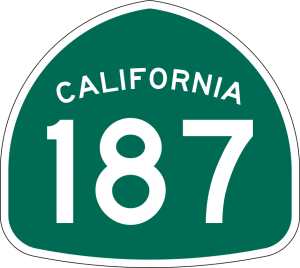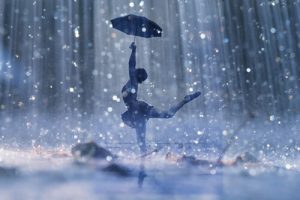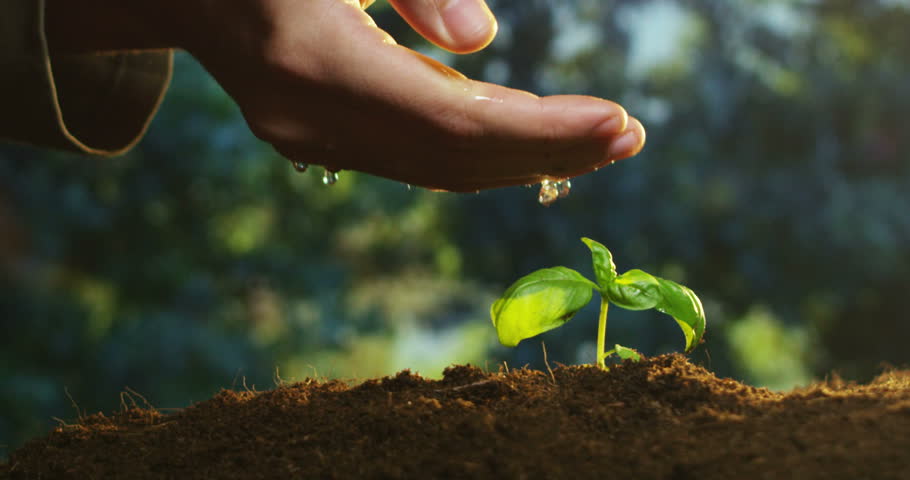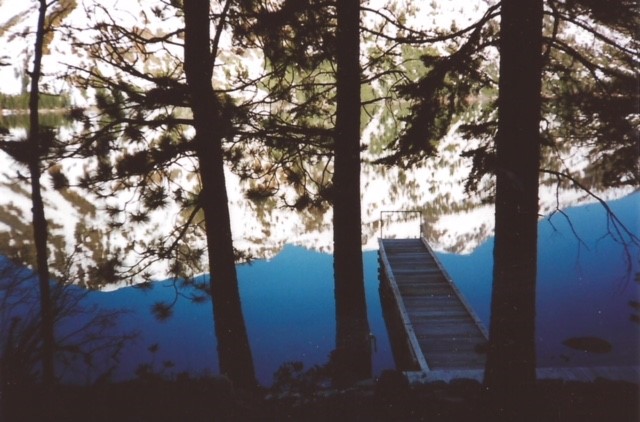
Cigarettes killed my mother. She got lung cancer after smoking for 52 years. It took her two years to die. Two years is a long time.
My doctor tells me that the life expectancy for the average woman today is 78 years, and that if I take good care of myself, I can expect to live that long, problem-free. My mother was 68.
Every time I see a smoker in public, I want to take them by the hand and tell them my story. I want to put my arm around them and let my heart do the talking.
I would tell them that they are victims, and point out that they have been seduced by a combination of peer pressure and alluring tobacco advertising. I would tell them that I look at the tobacco companies as literal “drug dealers.”
I would also tell them how much I loved my mother, and how much I miss her. How even now, after nearly two years, I still can’t believe she is gone. Sometimes I feel like throwing a tantrum; like a two-year old, until she comes back.
I would tell them about my anger. Not that I am mad at her, but more about how angry I am that I don’t have a mother anymore. Especially what it feels like when Mother’s Day rolls around, or her birthday, or Thanksgiving and Christmas.
I would tell them that I am in my forties now, and as many before me had predicted, these are the best years of my life. I have found myself, my calling and my writing. Good things are happening for me, and I am finally getting it right. Only she is not here to appreciate it, and she is not here to say, “I told you so.”
I would tell them about my friend Diana, whose mother died last year from lung cancer, the result of second-hand smoke. Diana’s mother never smoked, but she married and lived with a heavy smoker for 32 years. Diana already knows.
I would tell them how much I miss my mother’s friendship, our mother/daughter shopping trips and lunches together, and our talks on the deck. I would tell them how much her husband misses her, and how much her children and grandchildren miss her. They each have a story all their own.
I would tell them that the world has been slighted by her passing. Because she was thoughtful, honest, selfless, loyal and sentimental, and because we need more like her.
I would tell them how I have carried on after her death, and that I have finally stopped crying. But I would also tell them about the huge hole in my heart.
I would tell them, but would they listen?
Written by Susan, 1998
Copyright 1998, All Rights Reserved
Published in the Tahoe Mountain News, August 1998
Published in the Tahoe Daily Tribune, July 10, 1998.

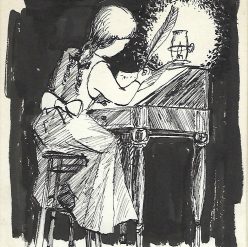
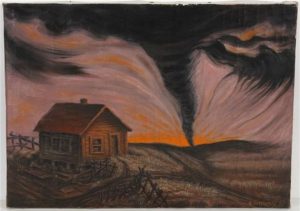
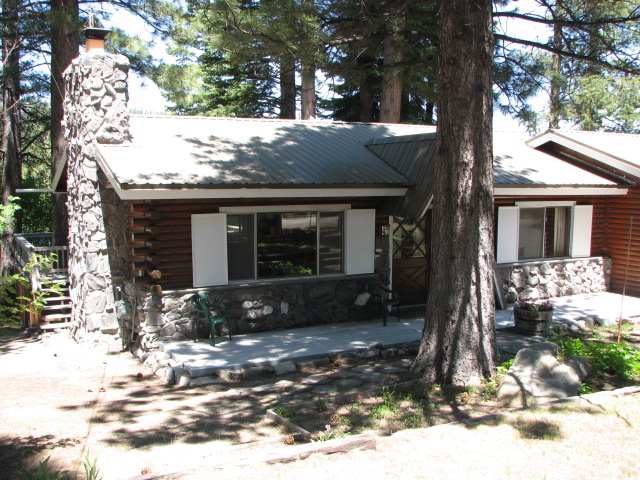
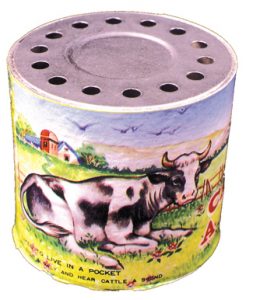

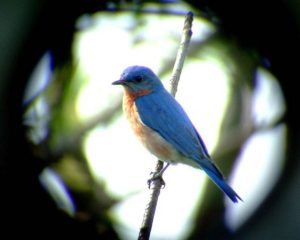
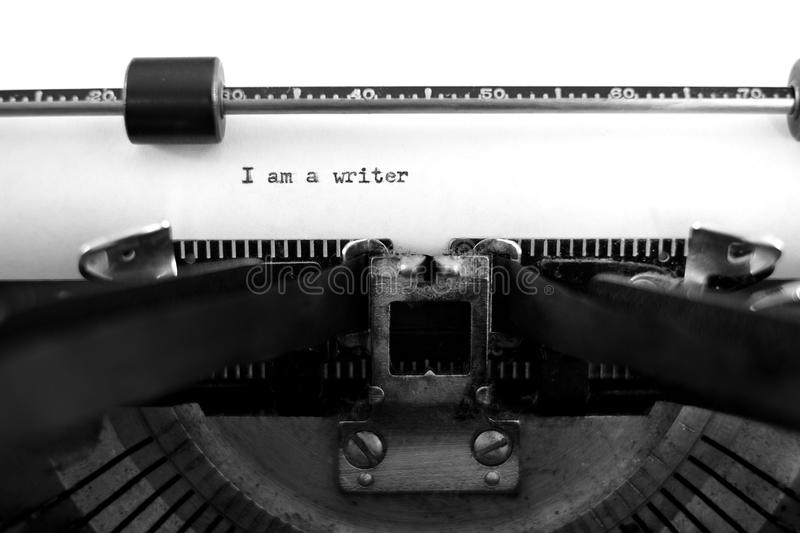
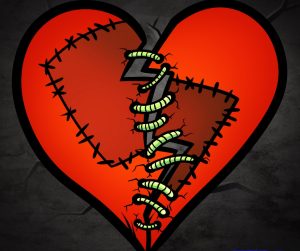
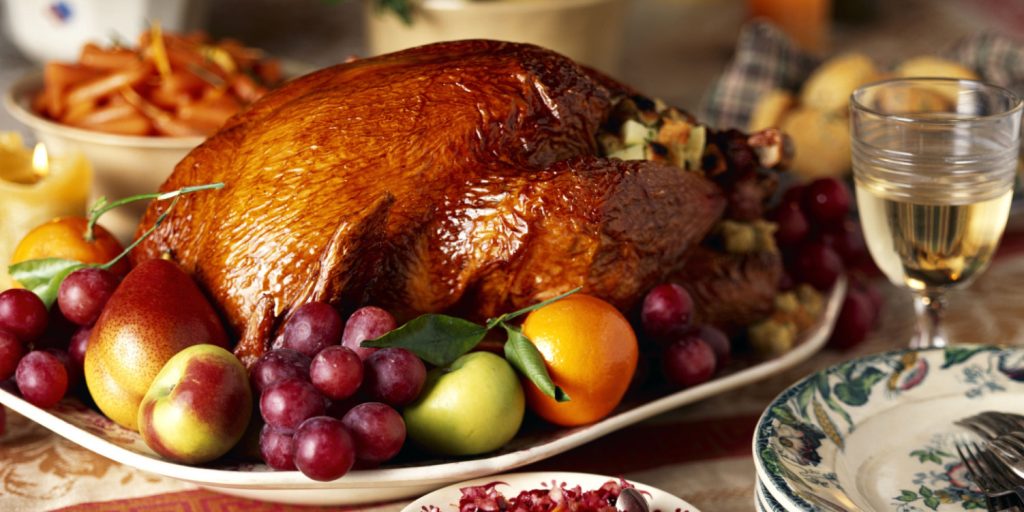 The sun was shining brilliantly as my Dad and I drove down Highway 49 toward Groveland, where we’d be spending the holiday weekend with family. We couldn’t have been more thankful for the fair weather on this holiday, considering the fact that the last two weeks had been overcast and gray.
The sun was shining brilliantly as my Dad and I drove down Highway 49 toward Groveland, where we’d be spending the holiday weekend with family. We couldn’t have been more thankful for the fair weather on this holiday, considering the fact that the last two weeks had been overcast and gray.
